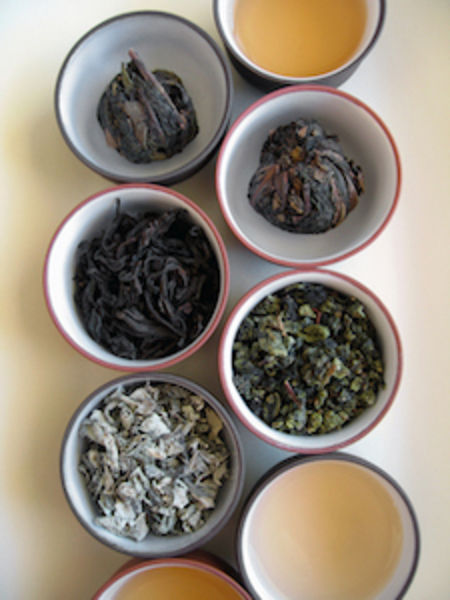How To Introduce New Teas
With two more months of winter left to endure, we are still in peak tea selling season. Freshen up your tea selection, revive your menu and keep the ball rolling. Some of your vendors may be out of some items post-holiday season, but don't be afraid to try some new teas out on an ever more sophisticated tea customer.

The trick to doing this is expectations, suggestions and sampling new teas. First make sure your tea descriptions are accurate and make sense to your client. Your staff should be familiar with these teas as well and able to successfully converse about them.
Having a pot of a new tea brewed is a great way to have your customers venture risk-free into new tea territory. Small sample cups will ensure no one takes advantage of your hospitality and that if someone is not sure about trying a tea they won't feel over-committed. Remember that when a person tries something new for the first time, they might not like it. But it may haunt them a little and they may grow to like it. A couple of sips usually will determine their acceptance level. Any immediate strong reaction is probably not going to change.
Cross-sell by providing small lists of teas that people who buy a particular tea also enjoy. For example, if a customer is deeply attached to Irish Breakfast, they may also enjoy a hearty Assam or a full-bodied China black tea. A green tea aficionado may enjoy a lightly oxidized oolong. Darjeeling lovers also seem to enjoy Fancy Formosa Bai Hao style oolongs.
It is also good to offer caffeine-free alternatives and routinely suggest them. While decaf teas are what they are, soft versions of the real thing, some of the better fruit teas and herbal might be unknown to your customer and they really might appreciate the suggestion.
The importance of all this goes beyond simply selling more tea. It is two-fold: First is providing diversity for your customers, which will enhance their over all experience at your business. Exposing them to more teas will help build a strong tea awareness that ultimately helps to sustain the tea industry as it grows. Secondly, all too often businesses become reliant on one or two "super sellers." A couple of items that sell so incredibly well you (and your customer) become dependent on them, and if they are not available for some reason you can really feel the pain. Developing several strong selling teas in different categories is healthier and a smarter way to ensure little supply hiccups don't cause major damage.

